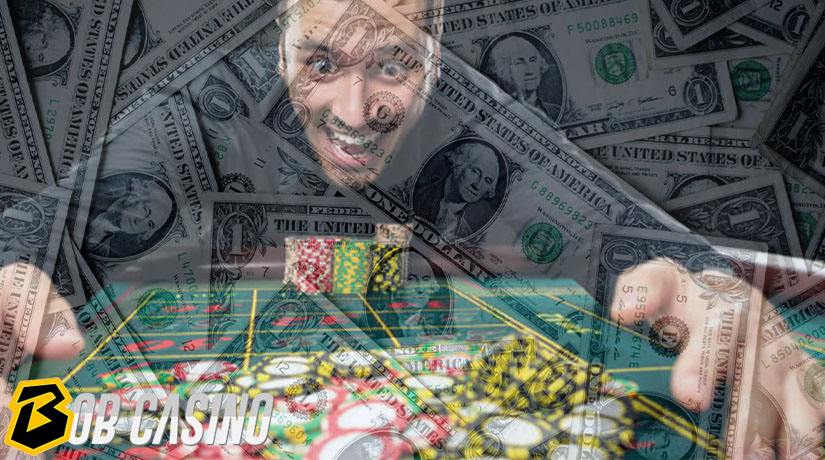 Published: 19.06.2019, 23:28
Published: 19.06.2019, 23:28 1 min read
1 min readIn the context of gambling, the term payoff or payout refers to the winnings received by a player after a successful bet.
In most cases, payoffs are presented as gross winnings (rather than net winnings), which means that they include the player’s initial bet. For example, if you were to make a $20 blackjack bet and win, you would receive a payout of $40 (your original bet + $20 from the casino).
In the vast majority of cases, the size of the payouts depend on the odds of an event occurring. The less likely an event, the higher the payout will be for a successful bet. In blackjack, you are paid out 1:1 for winning a hand ($20 on a $10 bet), but 3:2 for getting a natural blackjack ($25 on a $10 bet). In roulette, an outside bet placed on red pays out 1:1 ($20 on a $10 bet), whereas a bet on a single number pays out 35:1 ($350 on a $10 bet). In sports betting, a successful wager on the underdog will pay out more than a bet placed on the favorite.
The payout odds will always slightly lower than the true odds. The difference between the two figures is what allows the casino to make a profit.
Payoff:
- The winnings received by a player after a successful bet.






